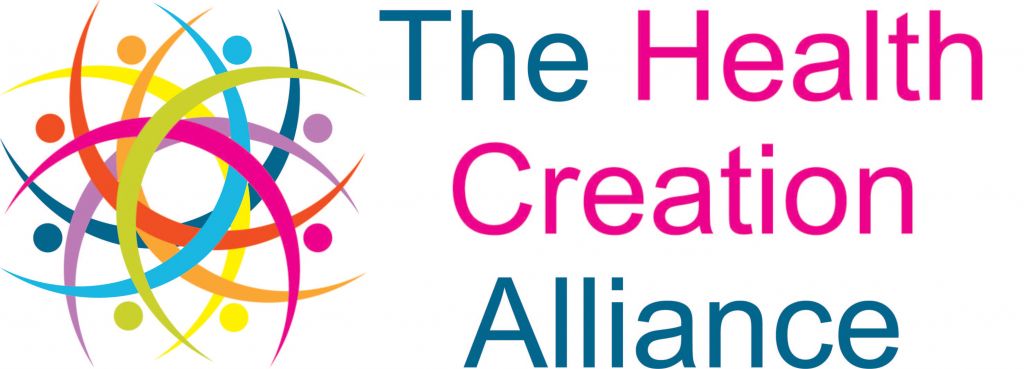Using Research to Close the Digital Divide
Digital Inclusion Research Hub exists to advance our understanding of the effects of the digital divide on the UK economy, communities, and individuals.
Increasingly, we need digital skills to access public services, manage finances, book medical appointments and order prescriptions, and apply for jobs. Digital skills are no longer optional.
While current society is becoming thoroughly digitalised and the UK is establishing itself as a leader in technology, it remains the case that significant parts of the UK population are digitally excluded.
A lack of digital skills is associated with a range of negative outcomes:
- Fewer job opportunities and limited career progression
- Unequal access to healthcare, with a decreased ability to self-manage health
- Reduced civic and political participation
Too many groups and individuals are falling behind the digital transformation of society. Our research seeks to identify the causes of digital exclusion and propose recommendations for how the UK can create a digitally inclusive society and economy. Our hope is that this research will inform governmental strategies and key policy actors so that we can close the digital divide.
We are currently focussing on three main projects: 1) The Labour Market; 2) Health and Healthcare; 3) Civic Participation. Please see our
projects page.
Director
Dr. Mikael Leidenhag, the current director and founder of Digital Inclusion Research Hub, has an MA in Public Policy and Management, MA in Religious Studies, and a PhD in Philosophy of Religion. He has been a researcher at Uppsala University, the University of Edinburgh, Queen’s University Belfast, and is currently an online resource developer at the University of St Andrews. He has published over twenty peer-reviewed articles in leading international journals, and is PRINCE2 certified in project management. He has previously conducted policy research for several non-profit organisations regarding health-inequalities in vulnerable communities, including issues of digital exclusion.
Partnerships and Memberships
Centre Think Tank
Centre wants to rebuild the centre ground and to create a more centrist and moderate politics. The organisation is a non-profit foundation which is both a think tank and a pressure group. It
supports strong public services and a strong economy similar to the Nordic model. To achieve this, Centre works with people from across party politics and the UK.
Cost of Living Alliance
The Cost of Living Alliance, convened by Community Organisers, is a grassroots movement representing over 100 local, regional and national organisations (and growing) that are committed to championing community-led solutions to the cost of living crisis, helping to build a future where everyone can afford their everyday needs.
Digital Poverty Alliance
Launched in 2021, in partnership with the Institute of Engineering & Technology and Currys plc, the Digital Poverty Alliance (DPA) initiative was born from this realisation that to tackle the digital divide and achieve digital equity, there was a need to achieve systemic, cross-sector and collaborative change. To achieve this, in the next year the DPA will publish a much-needed National Delivery Plan to end digital poverty in the UK by 2030.




